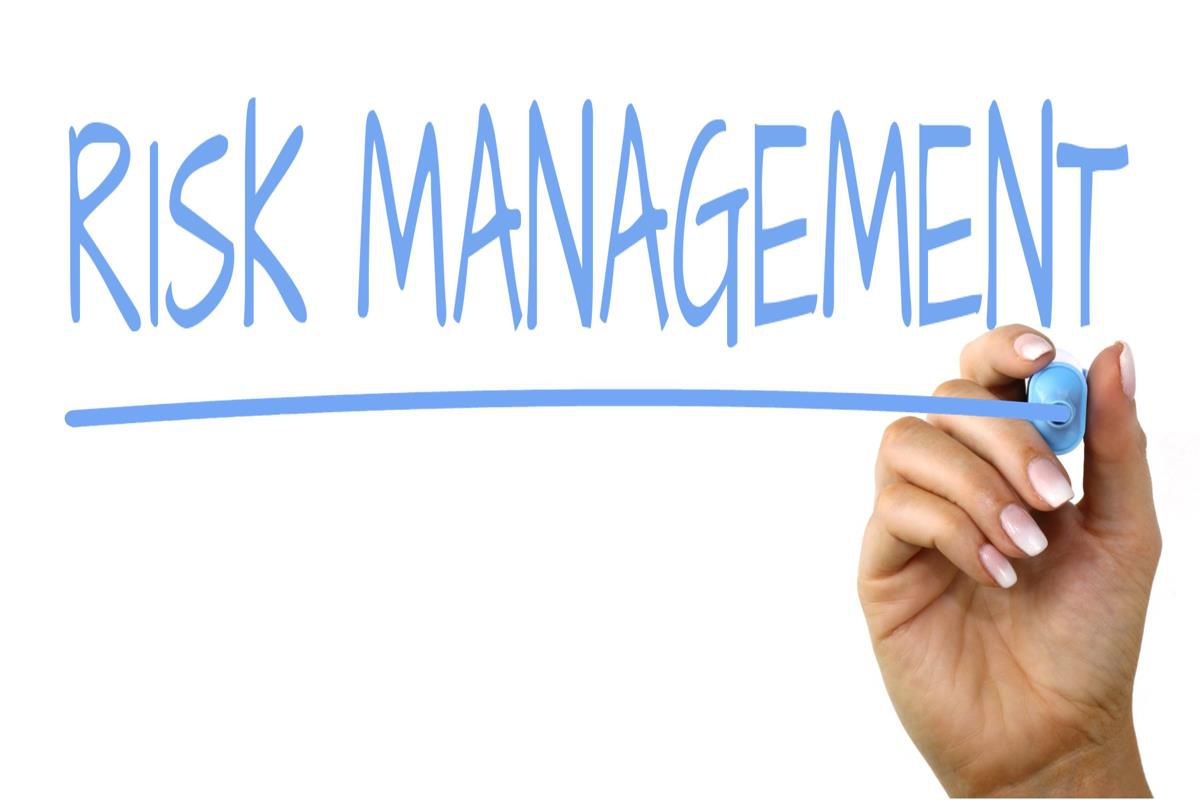This course covers how to examine the way in which business and society make an assessment of, control and transfer risk. It is designed for the student with no previous knowledge of risk management. The goal of this course is to engage students in active discovery of risk management principles. Students will be prepared to function in a business environment, developing an awareness of the challenges, the tools, and the process of designing and implementing a risk management program. It focuses on the ways in which businesses and society assess, control, and transfer risk. This process, known as the risk management process, is becoming an increasingly important tool in the management of business and personal financial health. An effective and efficient corporate risk management program leads to knowledge and control of costs and an improved bottom line. The risk management process involves identification of risks and associated potential costs, analysis of the causes of risk of financial loss, determination of various strategies to treat risk, selection of strategies appropriate to the goals and objectives of the business, implementation of the selected strategies, management and monitoring of results. Making adjustments, adapting to external and internal forces, and crisis or disaster management are incorporated in the corporate risk management process. An effective risk management program will reduce losses, and improve financial performance and employee morale.
- Teacher: MONALOUFEL JASMIN
- Enrolled students: 11

